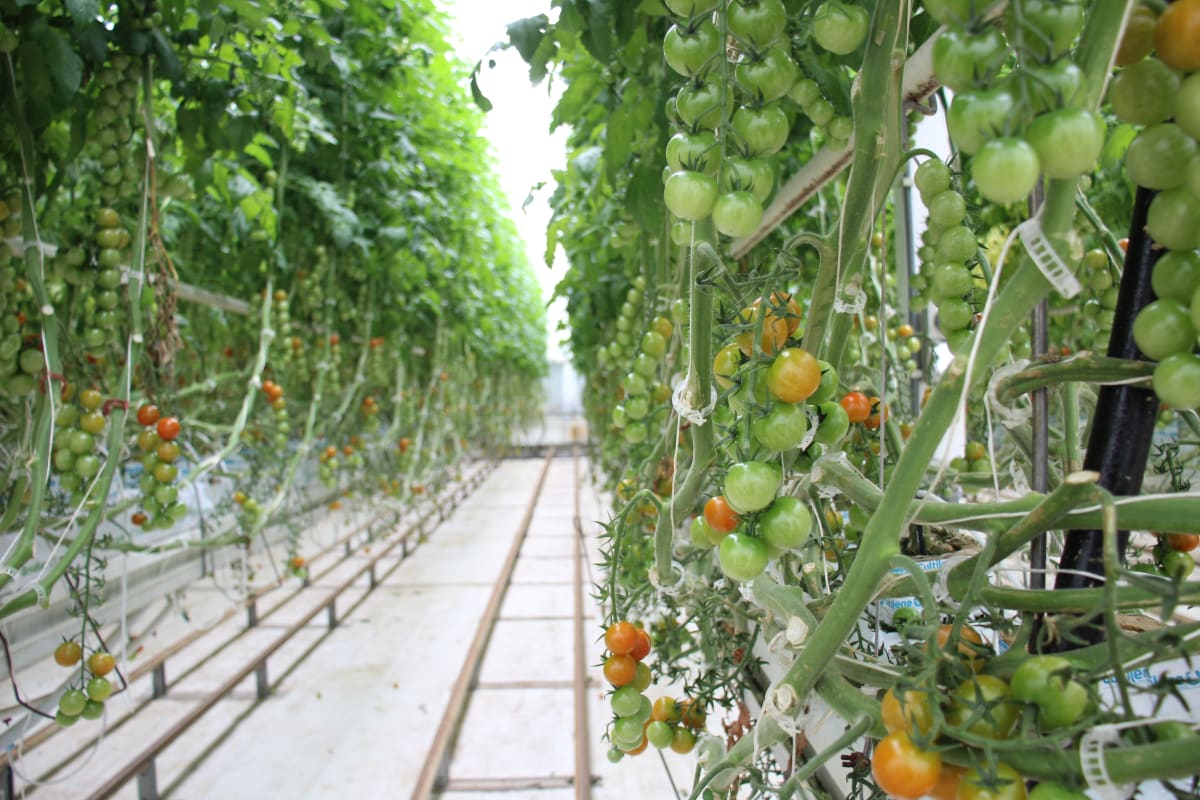Tomatoes and cucumbers, grown to perfection at Two Wells
WITH the title of Australia’s biggest glasshouse, Perfection Fresh at Two Wells has the large-scale production and yield to match. More than 730,000 plants, including more than 10 commercial varieties of tomatoes, are grown across glasshouses...

WITH the title of Australia’s biggest glasshouse, Perfection Fresh at Two Wells has the large-scale production and yield to match.
More than 730,000 plants, including more than 10 commercial varieties of tomatoes, are grown across glasshouses spanning 43 hectares – the equivalent to 23 MCGs under glass.
The Kumato, Solanato and Mix-A-Mato branded tomatoes, as well as the famed Qukes baby cucumbers, are grown, picked and packaged year-round at Perfection Two Wells’ Germantown Road site.
All are grown hydroponically in a carefully controlled environment where everything from temperature and humidity to light and water has been perfectly planned for optimum production.
Perfection Two Wells grower Oscar Berknell said the farm is one of the most environmentally conscious of its kind in Australia.
With all that glass, rainwater is collected from the entire roof surface to water the plants while onsite gas microturbines are used to generate electricity.
A wood boiler fuelled by recycled pallets is used to help with heating in winter, and then any CO2 from the boiler feeds the plants and helps them grow by boosting photosynthesis.
Even plant cuttings and food waste are fed to local livestock.
“Artificial lighting is a fairly new technology we are exploring but aside from that, everything from temperature, humidity, CO2 is all highly controlled and monitored every second of the day, year round,” Oscar said.
“And when you get to the level of control we have CO2 becomes the limiting factor, so we are able to inflate it to push the plants to their genetic potential.
“But it’s not just a matter of putting them in and letting them grow – we are out here every day checking the curvature of the leaves, the flowers, the colour of the fruit, and making those minor changes to keep the plant on the right track.”

All the plants are pollinated by hand (because there are no bees in the glasshouse) with new plants split into three vines and then grown in individual cubes of Rockwool with their own individual irrigation.
“The reason we use [the Rockwool] is because it is highly-engineered to have a very good capacity for holding water, but also having a good balance of air, and it’s also extremely inert so it doesn’t block up any of the nutrition,” Oscar said.
“This is super ideal for maximising the efficiency of our fertilisers and we capture all the water run-off, which is typically about 30 per cent and then that run off gets recycled through UV treatment.
“Then we shandy that treated water back in with fresh water so we don’t lose any of the fertiliser or any of that excess water and it all gets reused.”
A team of as many as 1000 growers and packers can be on site to tend to the produce during the peak summer season.
Baby cucumbers reach maturity (of eight to 12cm long) in just a week, and are picked every day to produce about 40 tonnes worth in a week.
With the vines growing up to 30cm in a week for tomatoes and up to 70cm a week for cucumbers, (or 20 metres in a year) the plants are trained up strings and then lowered on bobbins to a comfortable picking height.
The harvested fruit is then transferred to on-sight packing facilities.





